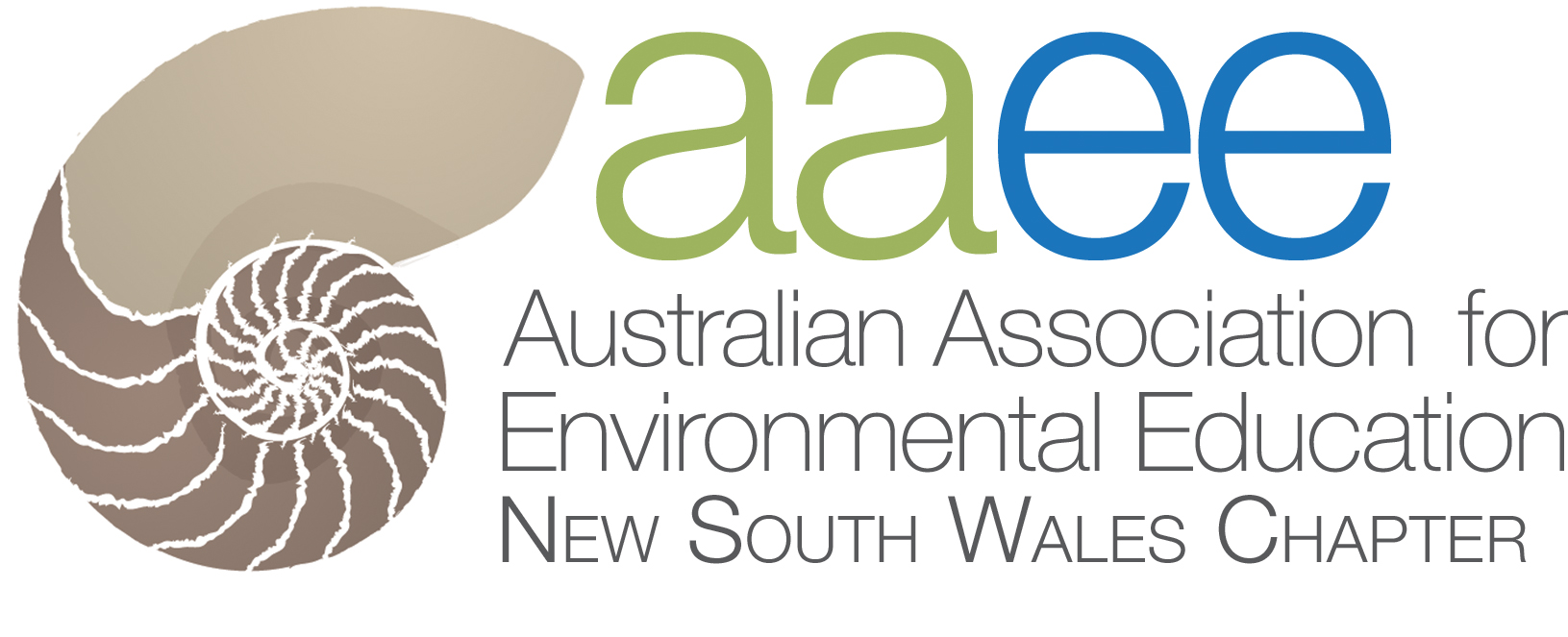Join us in Wiradjuri Country, Albury
for a conference focused on environmental and sustainable futures!
This year’s theme is inspired by a forthcoming report, “Education and Learning for Environmental and Sustainable Futures: 50 years of Learning for Change.”
Last year at the AAEE national conference, Professor Daniella Tilbury provided insights into the forthcoming report. She journeyed through 50 years of environmental education and sustainability, beginning from the UN conference in Stockholm in 1972, where Environmental Education was first acknowledged.
Professor Tilbury highlighted several key shifts over the decades:
- The evolving focus of environmental education
- Changes in where learning occurs
- Diverse ways of understanding the environment
- Increased awareness of global issues, though with a sense of powerlessness among individuals to effect change
- Emergence of new stakeholders from various backgrounds, not limited to education.
The current landscape demands an evolution in education as society progresses. The focus now lies in learning to know, be, do, work and collaborate with others.
Our regional, rural conference aims to provide a platform for environmental leaders across sectors (community, higher education, TAFE, schools, early years, government, businesses and not-for-profits, Farming Systems Group/Grower Group) to convene, exchange ideas and strategise practical approaches for effecting change. Topics include wellbeing and resilience, agriculture as a climate and nature repair solution, social justice, designing learning for change and active hope.
Rolf Jucker, in his book “Do we know what we are doing? Reflections on Learning, Knowledge, Economics, Community and Sustainability,” offers guiding principles for catalysing real change:
- Here and now and not tomorrow: one-planet living cannot be delegated to the next generation… Either we do it now, together, as a community, or it is not going to happen.
- Act, don’t talk: abstract knowledge about the environment does not lead to sustainable action. But if learning communities accept their individual and collective responsibility in their sphere of influence and practise learning by doing, change is possible.
- Together not alone: …communities of practice, exchanging and learning from others, building the future in full acceptance that you are dependent on others and nature, to do so.
And, criteria for actions which further sustainability:
- must mobilise adults and young people together; in fact, anyone directly affected
- start from a holistic understanding of life which does not compartmentalise it
- practice the change needed in real life
- focus on solution-oriented, transdisciplinary learning
- focus on concrete results instead of hopelessness.
Join us as we explore, learn and collaborate towards a sustainable future!
Do you want to be kept updated about the 2024 Conference?
Subscribe to our mailing list.

